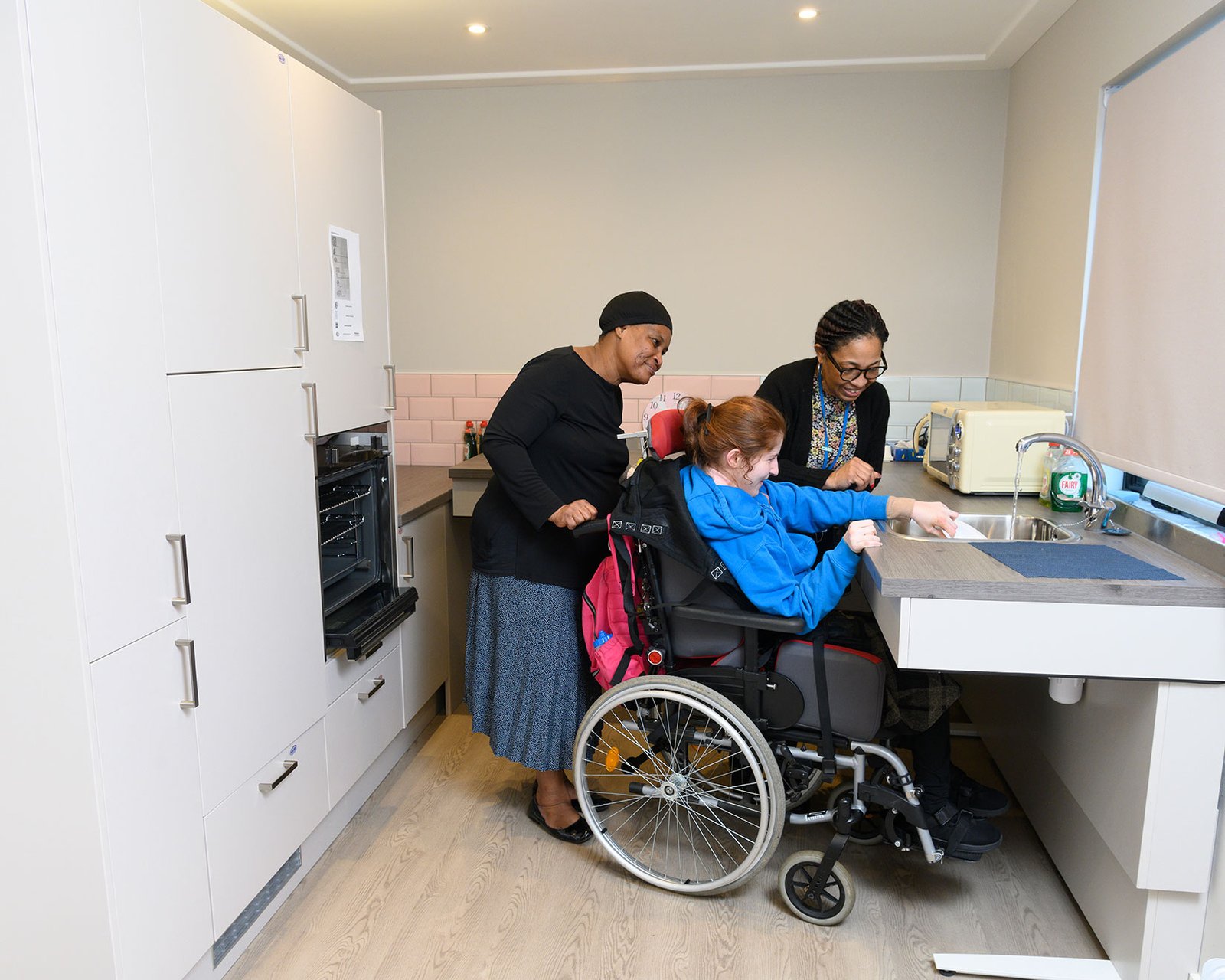Supported living is important for several reasons, as it plays a significant role in improving the quality of life and fostering independence for individuals with disabilities or specific needs. By offering the right level of assistance and support, supported living empowers individuals to live more independently, promoting their sense of self-worth and dignity. This personalized approach to care fosters a more inclusive society where everyone has the opportunity to lead a fulfilling life, regardless of their abilities.
Here are some key reasons why supported living is important:
Independence and Dignity
Supported living empowers individuals to live more independently, promoting their sense of self-worth and dignity. By offering the right level of assistance and support, it allows them to maintain control over their daily lives, make choices, and engage in activities that are meaningful to them. For individuals with disabilities, maintaining control over their daily lives and making choices that align with their preferences can significantly impact their self-esteem and confidence. Traditional care settings, such as institutions or group homes, may restrict autonomy, limiting individuals’ abilities to make decisions that directly affect their lives
Personalized Care and Support
Supported living arrangements are designed to cater to the unique needs and preferences of each individual. Care plans are personalized to address their specific challenges and promote their overall well-being, enhancing their physical, emotional, and mental health.
Inclusion and Community Integration
Supported living encourages community integration, enabling individuals to participate in various social, recreational, and vocational activities. It helps reduce isolation and promotes social connections, allowing them to build relationships and engage with others in their community.
Continuity of Care
By providing ongoing support, supported living ensures that individuals receive consistent care over time. This continuity helps in managing their conditions effectively and prevents disruptions in their routines, leading to improved stability and well-being.
Family and Caregiver Support
For families and caregivers of individuals with disabilities, supported living can offer relief from the responsibilities of full-time care. This respite allows them to focus on their own well-being and provides peace of mind, knowing that their loved ones are receiving proper care and support.
Empowerment and Skill Development
Supported living services often include skill-building programs that help individuals develop essential life skills, such as cooking, cleaning, budgeting, and communication. These skills contribute to their overall growth and autonomy, preparing them for greater independence in the future.
Cost-Effectiveness
Supported living can be more cost-effective compared to institutionalized care settings. By tailoring the level of support to the individual’s needs, it avoids unnecessary expenses and provides a more personalized and efficient approach to care.
Human Rights and Inclusivity
Supported living aligns with the principles of human rights and inclusivity, promoting equality and advocating for the rights of individuals with disabilities. It helps create a society where everyone has the opportunity to live a fulfilling life, regardless of their abilities.
Conclusion
Supported living is crucial for fostering an inclusive society that values and supports the diverse needs of all its members. It enhances the overall well-being and quality of life for individuals with disabilities, promoting their rights and contributions within their communities.




